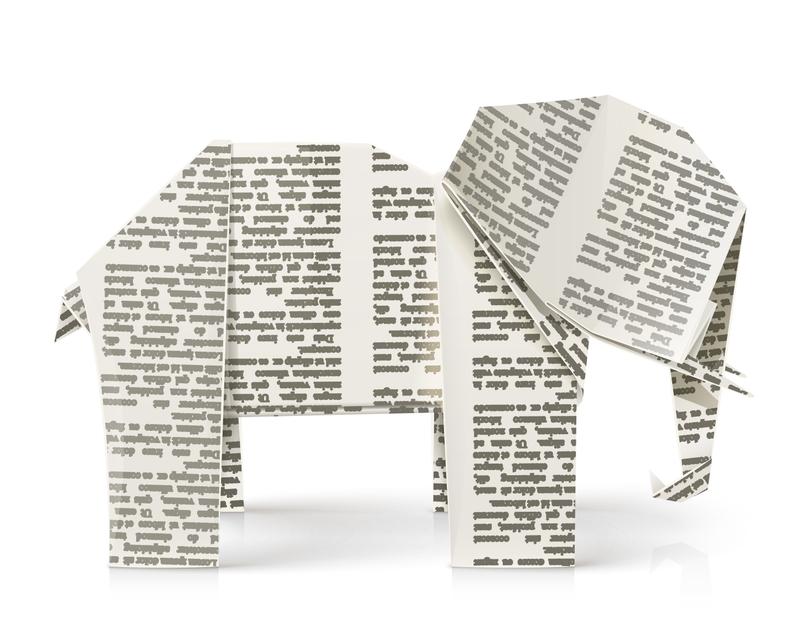How to Keep Disposal Expenses Low for Bulky Household Waste
Dealing with unwanted sofas, broken appliances, old mattresses, or piles of construction debris piling up at home can be overwhelming. Bulky household waste removal is not only a logistical headache--it can also get costly if you don't know your options. Learning how to keep disposal expenses low for bulky household waste saves your wallet, benefits the environment, and frees up precious space in your living area.
In this comprehensive guide, we'll cover practical, eco-friendly, and wallet-saving strategies to manage large waste items from your home. Whether you're clearing out after a renovation, moving, or just reclaiming space, this article will arm you with knowledge and actionable tips to ensure your bulky waste doesn't end up costing more than it should.

What Is Bulky Household Waste?
Bulky household waste--sometimes called large-item or oversized waste--refers to goods that are too big for your standard curbside trash collection. Examples include:
- Furniture: Couches, mattresses, dressers, tables, and chairs.
- Appliances: Refrigerators, washing machines, ovens, microwaves.
- Outdoor items: Barbecues, lawnmowers, swing sets, trampolines.
- Renovation debris: Floorboards, cabinets, bathtubs, countertops.
Municipal waste services usually restrict the types, sizes, and quantities of items they'll collect curbside. Arranging specialized removal or disposal of bulky household waste often incurs additional fees--unless you know the right approach!
Why Does Bulky Waste Disposal Get Expensive?
*Bulky waste removal is often more expensive* than standard trash collection because of factors like:
- Labor costs: Large items need extra workers or special equipment to move and load safely.
- Transportation: Over-sized loads require bigger trucks (sometimes with more trips).
- Disposal fees: Landfills and recycling centers charge by size, weight, or item type.
- Regulations: Some waste (like appliances with refrigerants or electronics) requires environmental handling.
If you don't research the rules and fees, you might be hit with high charges or even fines for improper disposal.
Smart Ways to Keep Bulky Household Waste Disposal Costs Low
Lowering your bulky waste disposal expenses starts with knowing your options. Here's a step-by-step approach:
1. Check Your Local Municipal Services
*Start with your municipality's website or sanitation department.* Many communities offer affordable or even free bulk pickup days for large items. Key steps:
- Research collection schedules: Some cities schedule free or discounted bulky item pickups quarterly or yearly.
- Know your limits: There are usually restrictions on the number, size, or type of items per pickup.
- Book early: Demand can be high, so slots fill fast.
- Follow guidelines: Certain items (like electronics or hazardous waste) might require special disposal.
Contact your local council or public works department about the next collection window--it could save you the entire cost of private disposal!
2. Utilize Community Recycling Days or Drop-Off Centers
Many towns host recycling or waste amnesty days for residents, letting you drop off bulky household items at a reduced rate or for free. Tips for maximizing these services include:
- Gather and sort items in advance to avoid last minute rushes.
- Carpool or combine loads with neighbors to save on transportation.
- Ask about accepted materials to avoid being turned away at the site.
- Check requirements for proof of residency.
Community disposal events often take tougher-to-get-rid-of items, like mattresses, old electronics, or appliances, at a much lower cost than a landfill.
3. Explore Reuse or Donation Options
The best way to lower your bulky waste disposal costs is to keep items out of the waste stream entirely! Consider:
- Donating furniture or working appliances to local charities, thrift shops, shelters, or reuse organizations.
- Listing items for free on online marketplaces (such as Craigslist, Facebook Marketplace, Freecycle, or OfferUp).
- Contacting Habitat for Humanity ReStores or similar home goods reuse outlets.
- Scheduling community "swap" or "giveaway" days to help others while clearing your space.
Even non-working items can sometimes be donated for parts or upcycling--contact local repair shops or creative reuse centers.
4. Break Down and Reduce Bulk Where Possible
Disposal costs often scale with the size and number of items. Whenever possible:
- Disassemble furniture (for example, take apart bed frames or remove sofa legs) to fit more into your vehicle or lower the charged volume by haulers.
- Cut down large items (like carpet rolls, lumber, or brush) to the requirements of your waste facility.
- Remove doors from appliances (a safety requirement at many drop-off points).
Less bulk means lower disposal expenses for your household's big waste items.
5. Pool Resources with Neighbors
If several households need to dispose of bulky waste at the same time, consider collaborating:
- Share the cost of a dumpster rental (often cheaper per house when split among neighbors).
- Coordinate a group pickup with a junk removal company to negotiate a better rate for multiple stops on one street.
- Organize a neighborhood cleanup weekend and contact the city for special support or discounts.
Pooling resources helps keep individual costs down, increasing your overall community impact.
6. DIY Hauling to Save Money
If you have access to a truck or trailer, self-hauling bulky items to a landfill or transfer station is often the most budget-friendly way to dispose of them. Key tips:
- Check facility rules, fees, and hours before loading.
- Sort items by type (metal, electronics, wood, etc.) for possibly lower rates or free recycling.
- Borrow or rent the right gear (dollies, straps, protective gear) to stay safe.
- Bring help for heavy lifting and loading.
*A little sweat equity can save you substantial cash on bulky waste disposal costs!*
7. Book a Reputable Junk Removal Service Wisely
For those without time, strength, or vehicle access, hiring a junk removal company may be the best choice. To get the best value and keep disposal expenses low:
- Shop around--get several quotes and compare reviews.
- Choose a company that recycles or donates usable items rather than taking everything to the landfill.
- Consolidate waste for a single large load instead of multiple smaller, costly pickups.
- Check for hidden fees--such as surcharges for heavy items or time spent disassembling furniture.
A well-chosen removal company can provide convenience and peace of mind while keeping household bulky trash disposal costs in check.
Other Money-Saving Bulky Waste Disposal Ideas
- Sell reusable items: If your furniture or appliances still have life left, selling them online can offset disposal fees.
- Contact local repair or art shops: Artists and craftsmen are often eager for materials or parts.
- Look for store take-back programs: Some retailers (especially when delivering new appliances) will haul your old item for free or a nominal fee.
- Ask about special programs for seniors or disabled: Some areas offer free or discounted bulky waste removal for vulnerable residents.
- Check for grants or environmental incentives: In some cities, recycling certain large items (like mattresses) might come with rebates.
What Not to Do: Avoid Extra Bulky Waste Costs
To keep disposal costs down for bulky household waste, avoid these common mistakes:
- Illegal dumping: Leaving items on curbs, alleys, or empty lots without proper arrangements can lead to hefty fines.
- Ignoring hazardous waste protocols: Items like refrigerators, electronics, or paint need special handling--failing to follow regulations can cost you.
- Last-minute removals: Emergency hauling services charge a premium, so plan ahead.
- Overpaying for unneeded services: Don't hire a giant dumpster or removal truck unless you really need the space.

Environmental Benefits of Smart Bulky Waste Management
Lowering your bulky waste disposal expenses is not just about saving money--it's about helping the environment too. By choosing reuse, recycle, or responsible donation programs, you:
- Reduce landfill use and pollution.
- Conserve resources by supporting recycling industries.
- Help your community by providing needed goods for others.
Every time you divert large items from the dump, you're contributing to a cleaner, more sustainable future.
Conclusion: Save Money and Stress When Disposing of Bulky Household Waste
Keeping disposal expenses low for bulky household waste is entirely possible with a little research and planning. Start by checking your local government's options, plan for community reuse or recycling, and leverage free resources before reaching into your pocket for private removal services. Not only will you save money, you'll declutter sustainably and responsibly.
- Take action early--plan ahead for the next big clean-out.
- Share this guide with friends, family, or neighbors to help everyone save on bulky waste disposal costs.
For other ways to manage household waste efficiently, explore our related guides and tips on sustainable living and money-saving home maintenance.
Frequently Asked Questions: Keeping Bulky Waste Disposal Expenses Low
- Can I leave bulky waste at the curb? - Only if scheduled or allowed by your municipality. Check local guidelines to avoid fines.
- What's the cheapest way to dispose of old furniture? - Donating, giving away, or self-hauling to a community event or drop-off center are your lowest-cost options.
- Can bulky items be recycled? - Many materials (metal, some plastics, electronics) are recyclable. Ask your local waste authority where to take such items.
- Is it cheaper to rent a dumpster or use junk removal services? - It depends on the amount and type of items; compare quotes and consider combining loads with neighbors.
Stay proactive, research your options, and keep disposal costs low for your home's bulky waste. Your wallet--and the planet--will thank you!